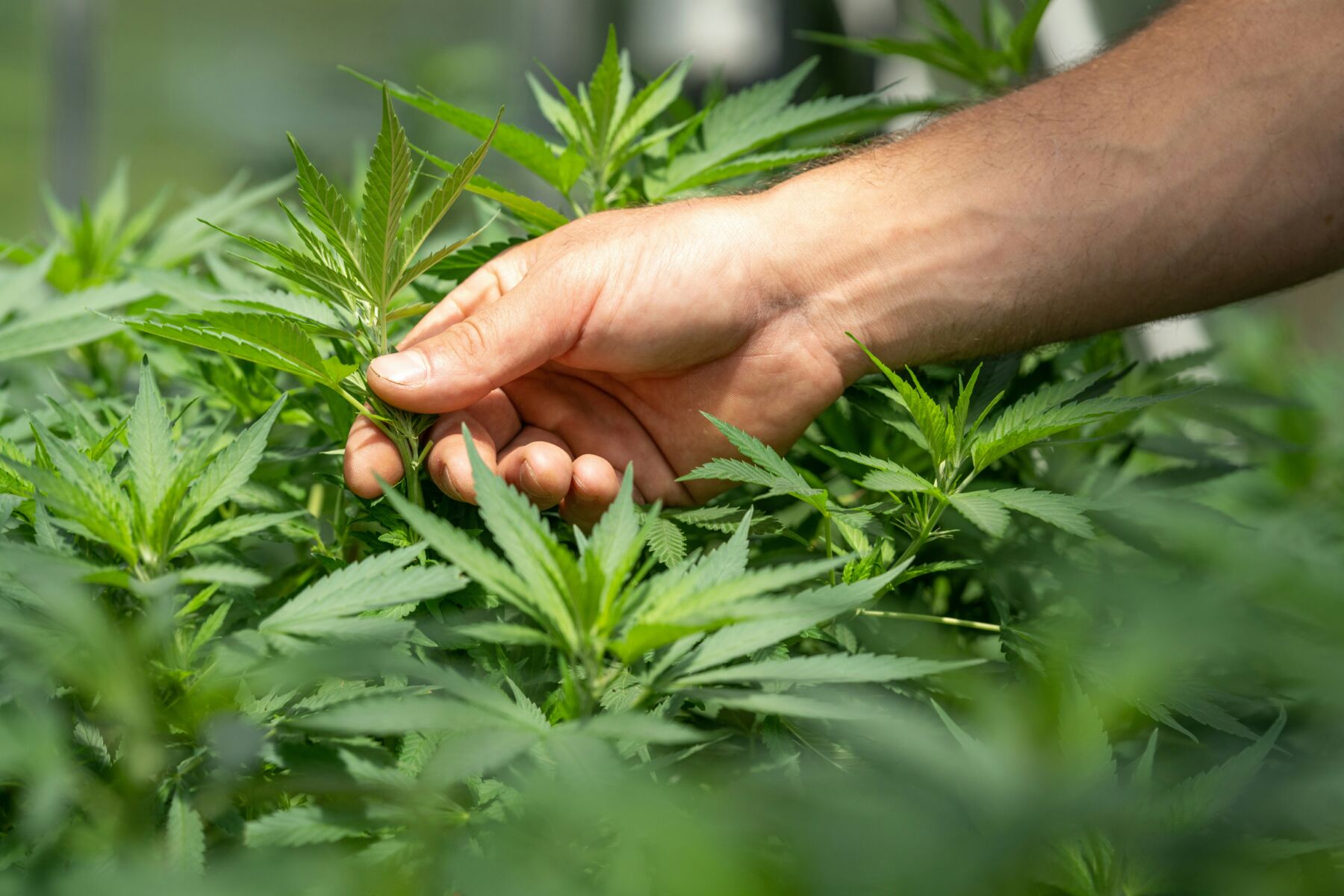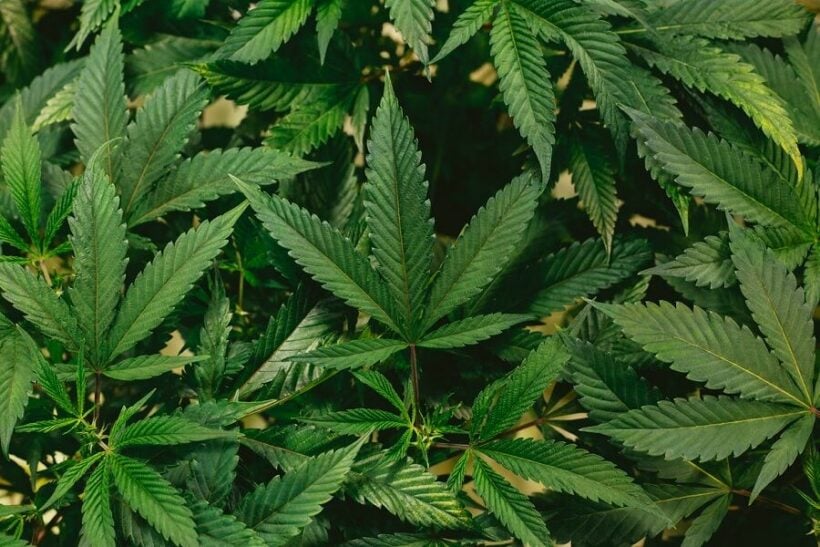Thailand’s cannabis challenge: Boom or bust for entrepreneurs?

Navigating the cannabis industry in Thailand presents a unique set of challenges and opportunities for entrepreneurs. With the market flourishing, the journey isn’t without its hurdles. Key among these is the landscape of evolving regulations, which often come across as vague and unclear. This ambiguity can make it tricky for businesses to stay compliant and ahead of the curve.
The current state of the cannabis industry
In Southeast Asia, Thailand is making waves in the cannabis sector. You’re seeing a shift as the country edges towards a more liberal stance on cannabis use for both medical and recreational purposes. This move has lit a spark, potentially setting Thailand up as a major player in the global cannabis market.
At present, the industry’s landscape is vibrant yet complex. Entrepreneurs like yourself are navigating through a maze of evolving regulations and guidelines. It’s a dynamic scene, where staying informed and agile could make all the difference.

Thailand’s market shows a distinct preference for quality over sheer potency. Consumers value the aroma, appearance, and sensation of cannabis products, often more than the THC content. This opens a door for innovation, pushing you to rethink product development and marketing strategies.
Despite the opportunities, challenges loom large. The lack of clear guidelines, especially concerning pesticide use in cannabis cultivation, poses a significant risk. Public safety and the health of local ecosystems are at stake. Adopting stringent quality controls, akin to those in markets like Canada and Oregon, could be a key move in navigating these waters successfully.
This environment demands vigilance and adaptability. Understanding the current state is crucial as you chart your course in Thailand’s burgeoning cannabis market.
What is the legal status of cannabis in Thailand?
In Thailand, the legal landscape around cannabis has undergone significant changes. Thailand became Asia’s first country to amend its narcotics control laws. This move aimed to boost medical cannabis use. Still, the amendments have their limits. They only permit licensed research and development with public institutions. Also, consumption is legal but requires a medical certificate. You might wonder if these changes truly serve the nation or, more critically, Thai farmers.
The shift on June 9, 2022, marked a monumental change. Thai nationals gained the freedom to grow, sell, or buy cannabis and hemp seeds, plants, and inflorescences without needing a license. This eradication of cultivation, possession, and distribution licenses meant a demystified path for entrepreneurs. Yet, it’s crucial to note the flip side. Recreational use, while not explicitly addressed, raises concerns about misuse and health risks. As you navigate this evolving market, staying abreast of legal changes is paramount.
Investment opportunities in the cannabis industry
Risks and challenges
Before diving in, you need to understand the risks and hurdles. Regulatory fluctuations can make or break your investment. Different places have varied cannabis laws that frequently change. You’ll face stiff competition as more businesses jump into this booming market. Supply chain issues, alongside research and development costs, can also dent your progress. Let’s not forget, that societal and environmental concerns need addressing to ensure public safety and sustainability.
Challenges and opportunities for future growth
As this industry flourishes, it encounters growing pains. Navigating regulatory landscapes while staying ahead in a crowded market demands agility. Yet, the opportunity spectrum widens. Legalisation waves and societal acceptance hint at untapped markets eager for innovative cannabis products. Technology advancements in cultivation and product delivery could streamline operations, making them more lucrative.
Potential impact on other industries
The cannabis sector’s growth doesn’t just stand in isolation; it’s set to significantly touch other industries. From agriculture to technology, businesses across the board might find new growth avenues. However, remember that integration with these sectors might come with its set of challenges, such as adapting to industry-specific regulations and competition.
Unlocking opportunities in Thailand’s emerging cannabis industry
In Thailand, the cannabis landscape presents a unique blend of tradition and innovation. Quality, not potency, drives market demand here. Therefore, focusing on developing products with appealing aromas, appearances, and sensations could set you apart. Yet, hurdles like unclear pesticide guidelines for cannabis cultivation signify the need to tread carefully, prioritising quality control and public safety. Engaging with this nuanced market calls for staying informed and agile, ready to adapt to rapid changes and emerging trends.
Permission and growing cannabis in Thailand
If you’re looking to cultivate cannabis, you need a production licence from Thailand’s FDA for each site you plan to use. This means, that for multiple cultivation locations, you must secure a licence for each one. The process ensures that every cultivation site operates under strict regulations, ensuring quality and compliance.
When it comes to selling cannabis products, whether wholesale or retail, obtaining a distribution licence from the FDA becomes essential. This licence specifically covers the distribution of cannabis flowers and leaves. However, if you’re dealing with other parts of the plant like seeds or stems, the required licence shifts to a controlled seed distribution licence, administered by the Plant Quarantine Department.

For those interested in creating cannabis-based products, a processing licence is a must-have. This licence, also issued by the FDA, allows for the transformation of raw cannabis into consumable products. Taking it a step further, if you wish to produce specific items such as cannabis beverages, an additional production licence, in this case, a beverage production licence is necessary from the relevant authorities.
Considering the exportation of cannabis? A dedicated export licence is what you’ll need to legally send your products beyond Thai borders. Each of these licences plays a critical role in the regulated framework of Thailand’s cannabis industry, ensuring that every stage from cultivation to consumption adheres to strict standards.
Licences for distribution, export, and processing come with a three-year validity and can be renewed 60 days before expiration. It’s important to note that, currently, the cannabis production licence doesn’t expire, but keep an eye out as regulations may evolve.
Remember, these licences cover activities related to cannabis flowers and leaves. If you’re planning on dealing with other parts of the plant for cultivation, you’re looking at obtaining a controlled seeds licence.
Exploring the Benefits and Drawbacks of Cannabis Legalisation in Thailand? Our article provides a comprehensive analysis.
Latest Thailand News
Follow The Thaiger on Google News:


























